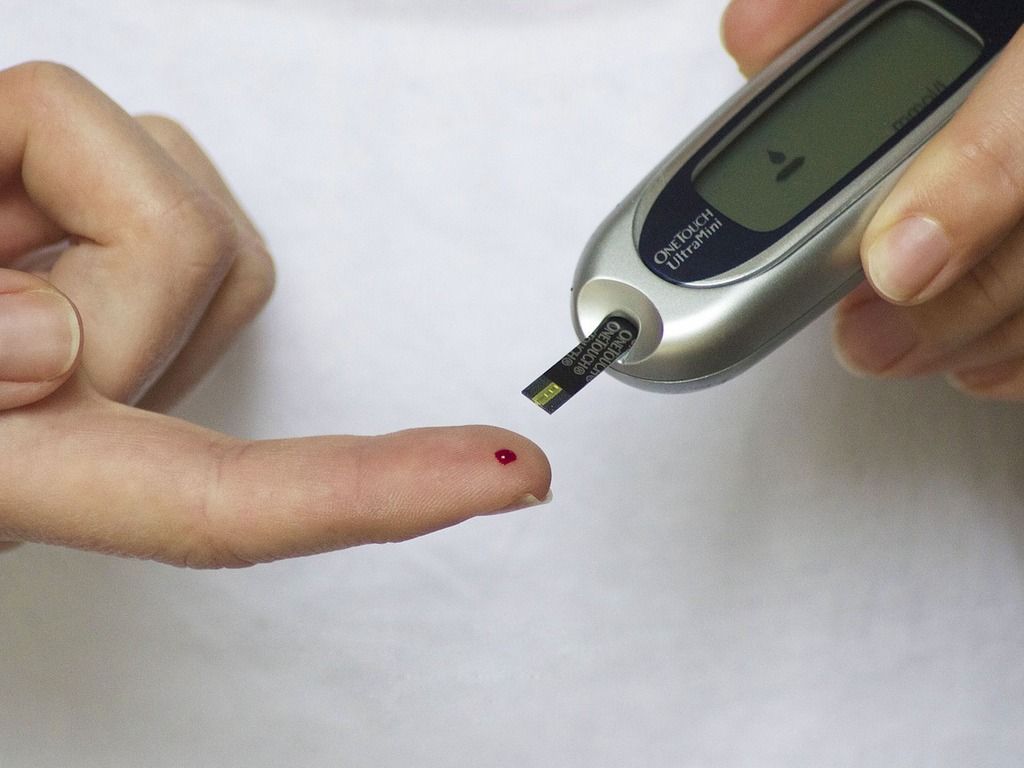Diabetes is one of the major chronic diseases in the 21st Century, affecting millions of people worldwide. While genetic predisposition is one of the reasons for the condition, environmental and lifestyle factors are also considered to be responsible. Previous studies have shown that exposure to exudates from common plastics, air pollution, secondary tobacco smoke, persistent organic pollutants and certain pharmaceuticals may also lead to diabetes. Now, a study conducted by the University of California, Riverside, indicates that exposure to a certain chemical called PBDEs, which is present in most houses, can lead to diabetes in humans. The findings of the study are published in the journal Scientific Reports. PBDEs PBDEs or polybrominated diphenyl ethers are a class of organic compounds that are used in several household products ranging from textiles, upholstery, electronics and furniture to provide flame resistance. These chemicals have a weak binding affinity with surfaces and tend to be present in the air, water and soil and enter the human body from there. Although PBDEs are banned in a lot of countries, they are still used in many places around the world. Over time, these chemicals have emerged as major pollutants and have been found in human blood, milk, fat and fetal tissues. Newborns get PBDEs from the mother’s milk and continue to be exposed to them through the environment. The study The researchers used a mouse model to study the effects of long-term low dose transfer of PBDEs to offspring through the mother on the development of diabetes in adulthood. The dosage of exposure was set comparable to what humans are exposed to during pregnancy and lactation. They focussed more on female offspring since they are seen to have more chances of glucose intolerance and higher risk of death. The researchers found that all the offspring of exposed mothers developed all the hallmarks of diabetes including high fasting glucose levels, glucose intolerance, low blood insulin levels and insulin insensitivity. These newborns also had high levels of endocannabinoids in their liver, which are compounds associated with obesity, metabolism and appetite. Interestingly, the mothers also developed some level of glucose intolerance but were not as severely affected as the babies. “Our findings indicate that chemicals in the environment, like PBDEs, can be transferred from mother to offspring, and exposure to them during the early developmental period is damaging to health,” said Dr Margarita Curras-Collazo, the corresponding author of the study, in a news release by the University of California, Riverside. However, the researchers are now planning to conduct longitudinal studies to better understand the effects of long-term exposure to PBDEs, especially to know if human babies exposed to PBDEs before and after birth become diabetic in later in life. Reducing the risk The study authors mentioned that their findings do not mean that you stop breastfeeding your newborn since the benefits of breastfeeding far outweigh the side effects from PBDEs. Instead, try to understand more about PBDEs and other potential exposure sources, make sure to wash your hands before you eat and do now buy an object that contains PBDEs. Buying PBDE-free electronics or furniture, replacing older PBDE-containing products with new PBDE-free ones and regular vacuuming and cleaning of the air ducts and vents in the house may also help. For more information, read our article on Diabetes. Health articles in Firstpost are written by myUpchar.com, India’s first and biggest resource for verified medical information. At myUpchar, researchers and journalists work with doctors to bring you information on all things health.
The researchers used a mouse model to study the effects of long-term low dose transfer of PBDEs to offspring through the mother on the development of diabetes in adulthood
Advertisement
End of Article


)

)
)
)
)
)
)
)
)



